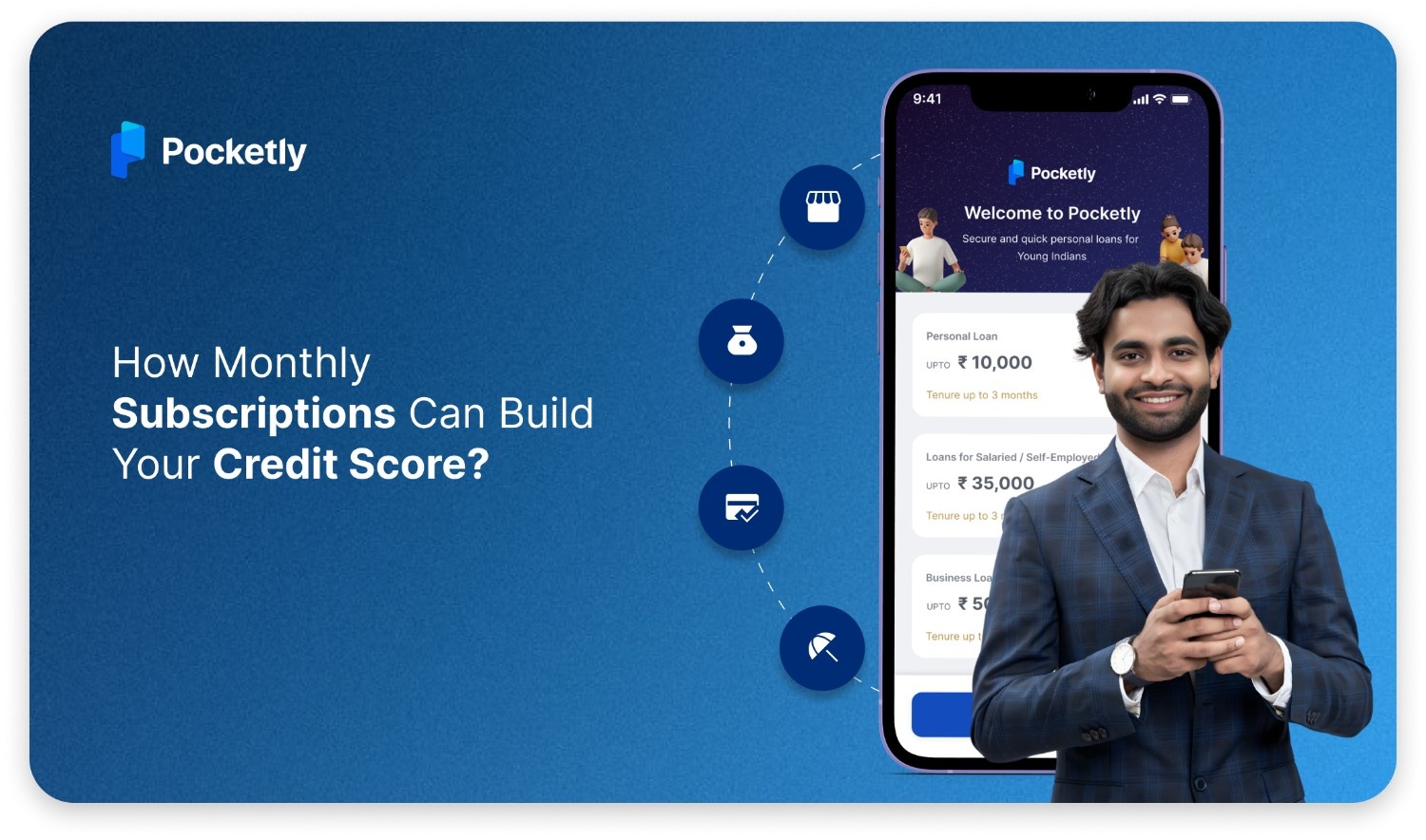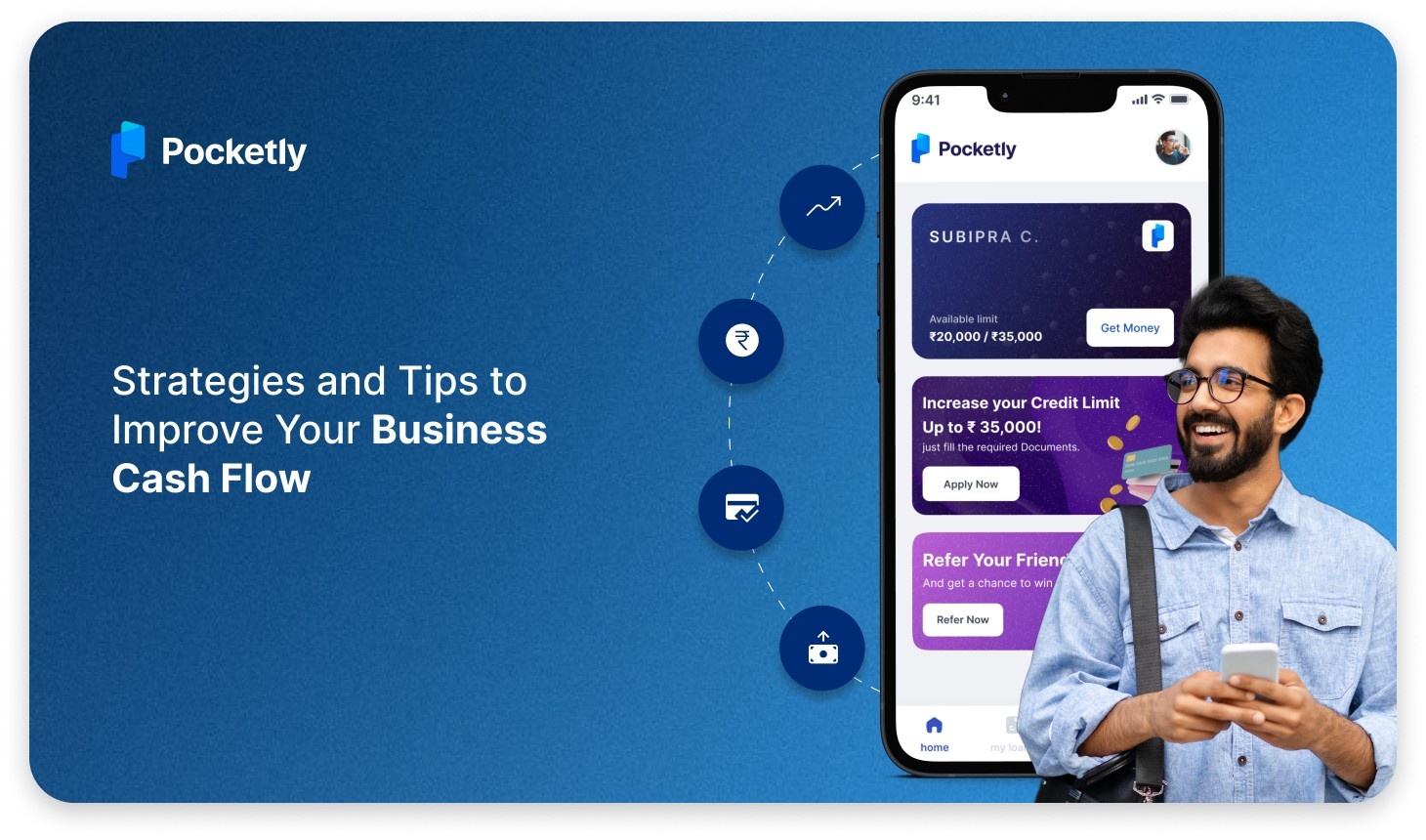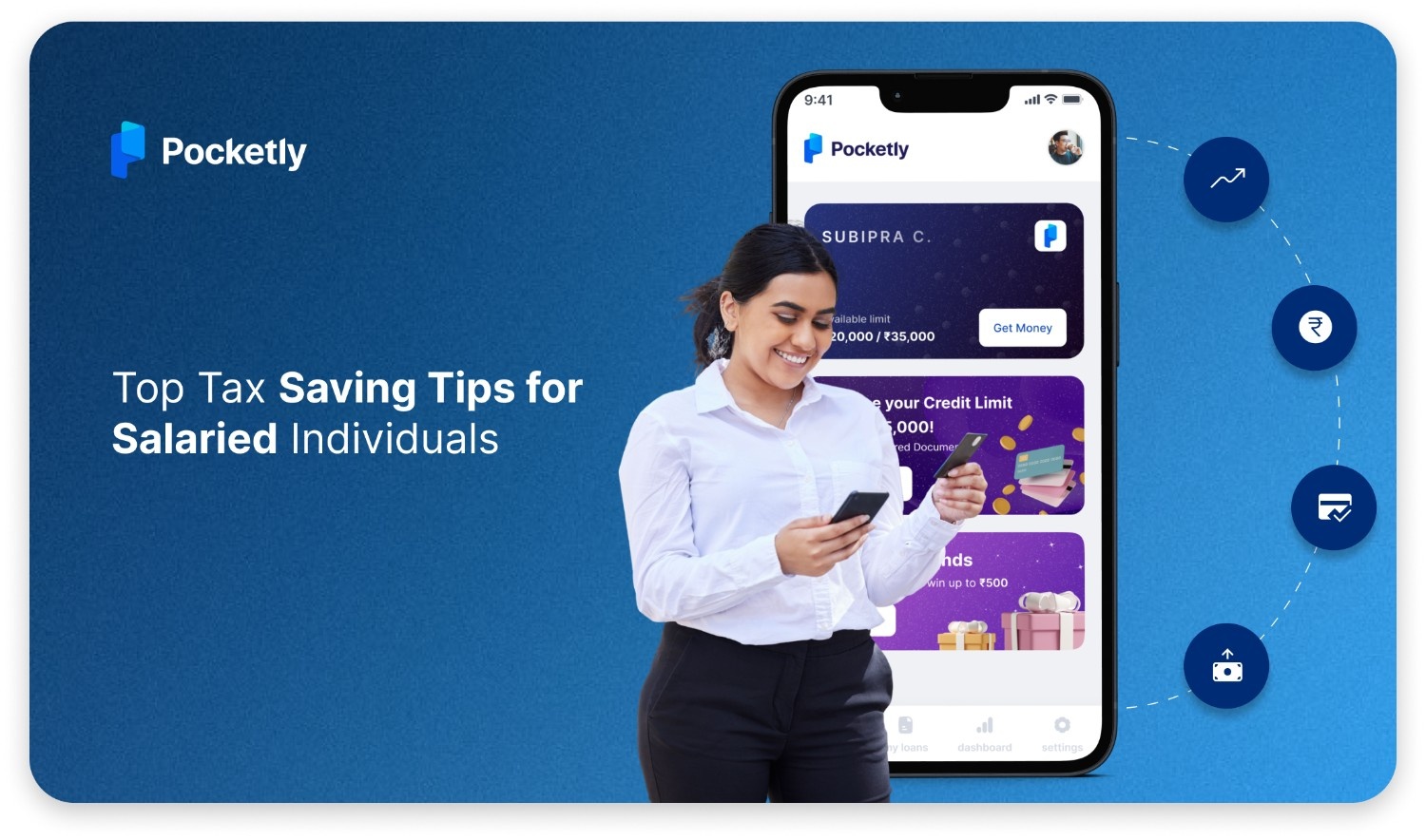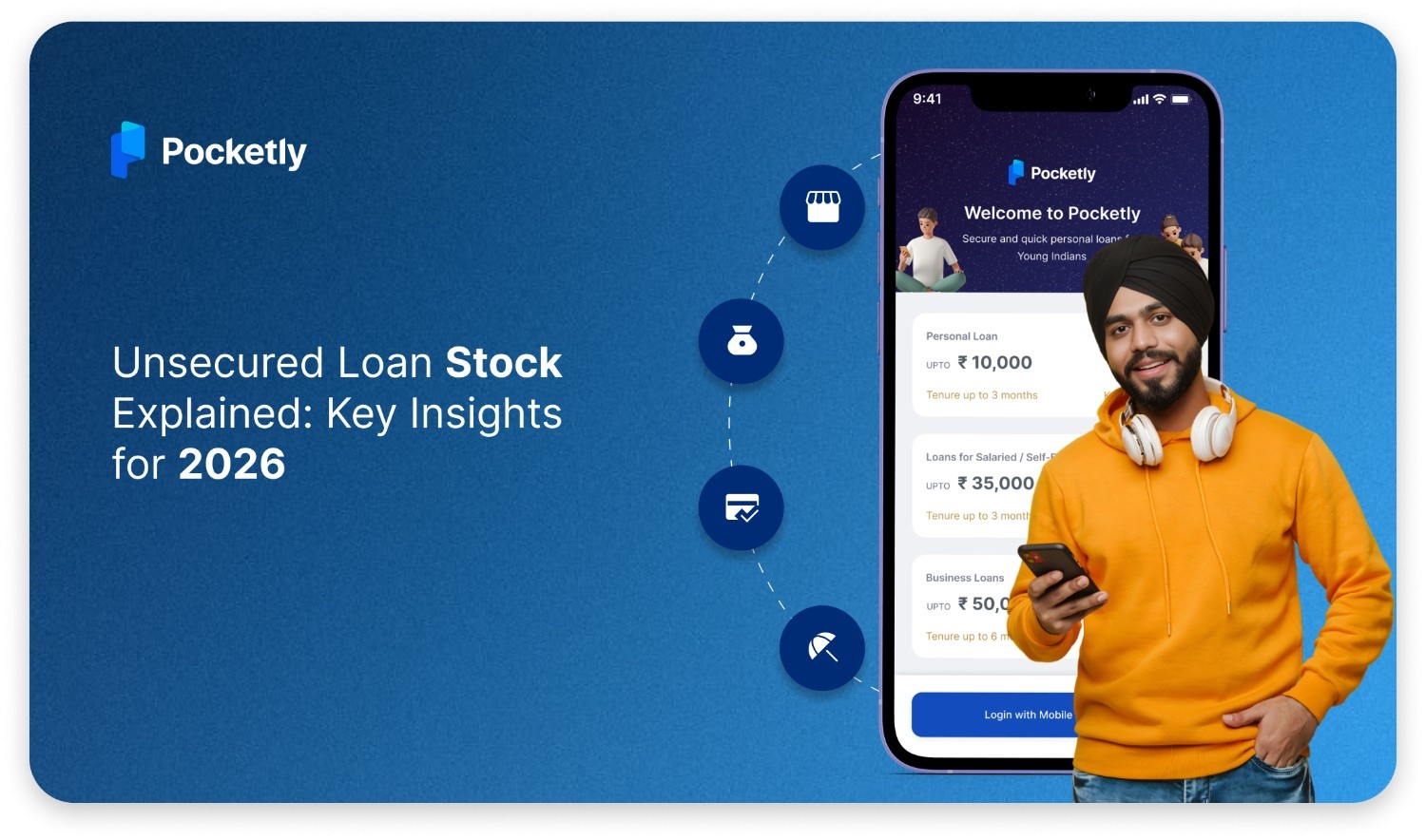Building a solid credit score isn’t just about managing credit cards or loans. In fact, many people wonder if everyday bill payments, like rent or utilities, can actually help improve their credit score. The truth might surprise you. While these bills don't traditionally appear on your credit report, some services now allow these payments to be included, giving you an unexpected opportunity to build credit.
In this blog, we’ll explore how paying bills might impact your credit score and how you can use this to your advantage.
Key Takeaways
- Paying Bills Can Help Build Credit: Timely payments of utility, rent, and phone bills can positively impact your credit score when reported to credit bureaus.
- Reporting is Key: Only bills that are reported to credit bureaus affect your credit score, so using services like Experian Boost can help include non-traditional payments in your credit history.
- Non-Reported Bills Limit Credit Building: Without reporting, even regular payments like rent and utilities don’t contribute to your credit, hindering your credit-building efforts.
- Late Payments Have Long-Term Effects: Missing payments can cause significant drops in your credit score and impact your financial health for years.
- Strategic Use of Credit Services: Leveraging bill payment reporting services can strategically help boost your credit score and thereby improve your chances of approval for loans and credit products.
Understanding the Role of Bill Payments in Building Credit
Bill payments, including rent, utilities, and phone bills, can build your credit score, but only if they’re reported to the credit bureaus. While these payments aren't automatically reflected in your credit report, services like Experian Boost allow you to add utility and phone bill payments to your credit file. Here’s how it works:
- Bills That Can Impact Your Credit: Rent, utilities, and phone bills can be reported, but only through specific services or platforms.
- Timely Payments Matter: Consistent, on-time payments improve your credit score by showcasing financial responsibility.
- Reported vs Non-Reported Bills: Only bills that are reported to credit bureaus affect your credit score; services like Experian Boost can ensure non-reported payments are included.
Each category of bill payment, utilities, rent, and phone services carries its own weight in the credit-building ecosystem, with distinct advantages and reporting mechanisms that impact your financial profile.
Role of Utility, Rent, and Phone Bills in Credit Reporting
Answering the question, Can paying bills build credit, Yes, paying bills can help improve your credit score. Utility, rent, and phone bill payments, when reported to credit bureaus, play a key role in building a strong credit history, especially for individuals with no credit cards or loans. Let’s explore why reporting each of these bills is important.
1. Utility Bills
Utility bills (electricity, water, gas, etc.) are essential for everyday living and can contribute to your credit score when reported to credit bureaus. Services like Experian Boost allow on-time utility payments to be added to your credit history. Since these payments reflect regular, consistent financial responsibility, they help establish a positive credit profile over time.
Importance of Reporting Utility Bills:
- Builds Credit History: Regular utility payments are a sign of financial responsibility, making them a valuable addition to your credit report.
- Boosts Credit Score: Reporting on-time payments can immediately boost your credit score if you’re new to credit.
- Enhances Financial Opportunities: Having utility payments reported allows you to access more financial products, like credit cards or loans, in the future.
2. Rent Payments
Rent is one of the largest monthly expenses for most people, but until recently, it wasn't included in traditional credit reporting. Thankfully, services like RentTrack now allow renters to report their monthly rent payments to credit bureaus. This means your rent payments, which are typically consistent and large, can contribute to your credit score if reported.
Importance of Reporting Rent Payments:
- Builds Credit for Renters: Rent payments, when included, help renters build their credit scores, especially for those without access to traditional credit.
- Helps with Loan Approvals: Having your rent payments reported can improve your chances of being approved for future loans, including mortgages, since it shows financial responsibility.
- Widely Accepted: Rent reporting is increasingly accepted by lenders, making it an effective way to enhance your credit profile.
3. Phone Bills
Phone bills, like utility and rent payments, don’t typically appear on credit reports unless explicitly reported. However, certain services allow your phone payments to be included, which can be beneficial for those without other credit lines. Reporting these bills can help improve your credit score, especially when used alongside other tools like Experian Boost.
Importance of Reporting Phone Bills:
- Adds Positive Payment History: On-time phone payments demonstrate your ability to manage debt and can enhance your credit history.
- Improves Credit Score: Regular reporting of phone bills can contribute positively to your credit score, particularly for individuals just starting to build credit.
- Useful for Those with Limited Credit: For people without credit cards or loans, reporting phone bills can provide an alternative path to building credit.
Also Read: Applying for an Instant Personal Credit Line Online
The benefits of reporting these bills are clear, but what happens when your consistent payment history remains invisible to credit bureaus? This gap between responsible financial behavior and credit recognition creates a hidden barrier that affects consumers.
What is the Impact of Non-Reported Bills on Credit?
Building credit involves more than just loans or credit cards. Non-reported bills like rent and utilities, though paid on time, don’t contribute to your credit score. This limits credit-building potential and can affect loan or credit card approvals. However, services that report these payments can help improve your credit history. Here’s why reporting these bills matters:
- Difficulty Accessing Credit Products: Without a sufficient credit history, it becomes more challenging to qualify for loans, credit cards, or even rent agreements. Lenders typically want to see a history of timely payments, which non-reported bills don't provide.
- Impact on Creditworthiness: Lenders and financial institutions assess your creditworthiness based on your credit report. If your regular payments, such as utility bills or rent, aren’t reported, lenders may not consider them when evaluating your application, even though you are making responsible payments.
- Limited Recognition of Financial Responsibility: Non-reported bills do not provide proof of your financial responsibility to lenders or landlords, which could otherwise demonstrate your ability to manage debt and pay on time.
- Reporting Services to Improve Your Credit: Services like Experian Boost allow you to report non-traditional payments like utilities, rent, and phone bills to the credit bureaus. These services help enhance your credit profile by including these payments in your credit history.
- Potential for Missed Financial Opportunities: Without non-reported bills being included in your credit history, you miss out on a chance to improve your score, even if you are already paying bills like rent or utilities on time.
Also Read: Understanding Minimum and Maximum CIBIL Score for Personal Loans and Credit Cards
Recognizing the limitations of non-reported bills naturally leads to the question of how to bridge this gap effectively. The solution lies in taking a proactive, strategic approach to credit reporting services.
How to Strategically Use Credit Services for Bill Payment Reporting?
As discussed, reporting bills like utilities, rent, and phone payments through credit services can help boost your credit score. But to strategically use these services, it’s important to understand how to use them effectively, how they work, and how they can directly benefit your credit-building efforts.
Here’s a detailed look at how to maximize these services to your advantage:
1. Choose the Right Reporting Service
Not all bill payment services report to credit bureaus. Services like Experian Boost allow you to link your utility and phone bill payments to your credit report. However, these services might only report to specific bureaus like Experian. Make sure to choose one that reports to the major bureaus, Equifax, Experian, and TransUnion, to have the best chance of improving your score across all platforms.
2. Enroll and Link Your Accounts
Once you've selected the right service, the next step is to link your utility and phone accounts. This involves connecting your bank account, as these services track payments made through it. Make sure the accounts you’re linking have a history of timely payments to avoid reporting missed or late payments.
3. Regular, On-Time Payments Are Key
The efficacy of these services depends on consistently paying your bills on time. Never miss a payment, as even a single late payment can damage your credit and negate the benefits of reporting. On-time payments are the foundation of a good credit history, whether through traditional credit accounts or non-traditional bills.
4. Focus on High-Impact Bills
Not all bills are equal when it comes to credit reporting. Services like Experian Boost allow you to add utility payments (like electricity, gas, and water) and even telecom payments (like mobile phone bills). Rent payments, however, might require specific platforms like Rental Kharma or RentReporters to be reported.
5. Monitor Your Credit Report Regularly
Once your bills are being reported, regularly check your credit report. Services like Credit Karma allow you to see if these payments are being reflected. This gives you the opportunity to spot any discrepancies and address them before they impact your score.
Even with the best reporting strategy in place, the credit building remains unchanged: consistent, timely payments. However, life's unpredictability means that payment delays can happen, and when they do, the consequences extend far beyond a single missed due date.
What are the Consequences of Late or Missed Payments on Your Credit Score?
Late or missed payments can have severe effects on your credit score and financial health. These consequences can affect everything from your ability to secure new credit to the interest rates you receive. Here's a breakdown of the potential impacts:
- Credit Score Drop: Timely payments make up a significant portion of your credit score. Late payment can have a noticeable dip in score, particularly if you have a very short credit history.
- Reporting Timeline: Late payments get reported to credit bureaus after 30 days of missed payment. If you catch up before this mark, it may not be reported negatively.
- Impact Duration: Once reported, late payments can stay on your report for up to 7 years, affecting your creditworthiness for an extended period.
- Increased Interest Rates: Late payments often trigger higher penalty interest rates on your accounts, which can make it more expensive to borrow money.
- Debt Collection Risks: Persistent missed payments may lead creditors to send your account to collections, further hurting your credit and potentially resulting in extra fees.
- Difficulty Securing Future Credit: A history of late payments can make it harder to get a loan or credit card approved, and may even impact housing and employment opportunities.
- Long-Term Financial Impact: The consequences of missed payments can affect other areas, like higher insurance premiums and job prospects.
Given the serious implications of missed payments, having a financial safety net becomes crucial for maintaining your credit-building momentum. Let’s take a look at what it is.
How Pocketly Can Help Build Credit Alongside Bill Payments
While paying bills on time can help build your credit score, sometimes you may need extra financial support to manage unexpected expenses or emergencies. This is where Pocketly comes in. Here’s how Pocketly can complement your credit-building efforts:
- Loan Amounts: Pocketly provides loans ranging from ₹1,000 to ₹25,000, catering to a variety of financial needs.
- Instant Loans in Minutes: Pocketly offers fast approval for personal loans, ensuring you get the money you need when you need it.
- Minimal Documentation: With an easy application process, Pocketly requires minimal paperwork, making it accessible for students, salaried individuals, and self-employed professionals.
- Affordable Interest Rates: Pocketly offers competitive interest rates starting at 2% of the loan amount, making it easier to manage repayments.
- Transparent Processing Fees: Processing fees are transparent, ranging from 1-8% of the loan amount, with no hidden charges.
Conclusion
Paying bills on time can have a good effect on your credit score, especially when those payments are reported to credit bureaus. Whether it's utility, rent, or phone bills, ensuring that they are included in your credit report can give a much-needed boost to your credit score. Take proactive steps, such as using services that report these payments, to maximise their positive impact on your credit history.
If you're looking for more ways to build your credit, Pocketly offers flexible personal loans that can help you manage your finances. As a digital lending platform, Pocketly supports users in securing quick and collateral-free loans. Download now on iOS or Android today!
FAQs
1. What is the fastest way to get a 700 credit score in 30 days?
Achieving a 700 score in 30 days requires paying down credit card balances, correcting any errors on your credit report, and making sure all bills are paid on time.
2. Will my credit score go up if I pay my bill early?
Paying bills early can help improve your credit score by reducing your credit utilisation ratio and showing that you're responsible with repayments, though the effect might take time to reflect.
3. Why did my credit score drop 40 points after paying off debt?
A sudden drop in credit score after paying off debt could be due to changes in your credit utilisation ratio or the closure of accounts that were active, which can impact the length of your credit history.
4. What are the four main ways to view your credit score?
You can check your credit score via credit card providers, credit monitoring services, directly from credit bureaus (Equifax, Experian, TransUnion), or through free online services.
5. What habit lowers your credit score?
The most common habits that lower your credit score include missing payments, maxing out your credit cards, and frequently applying for new credit.












